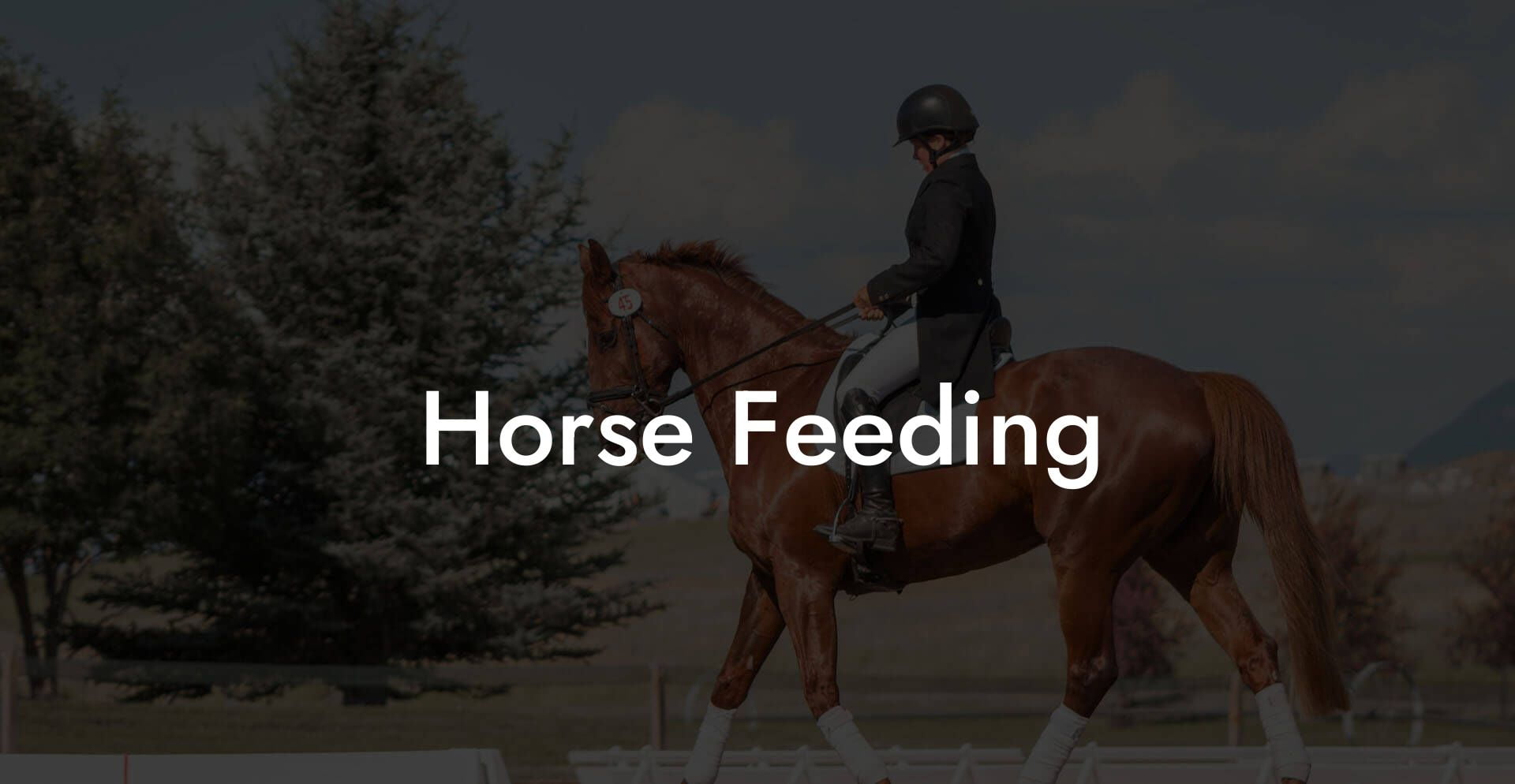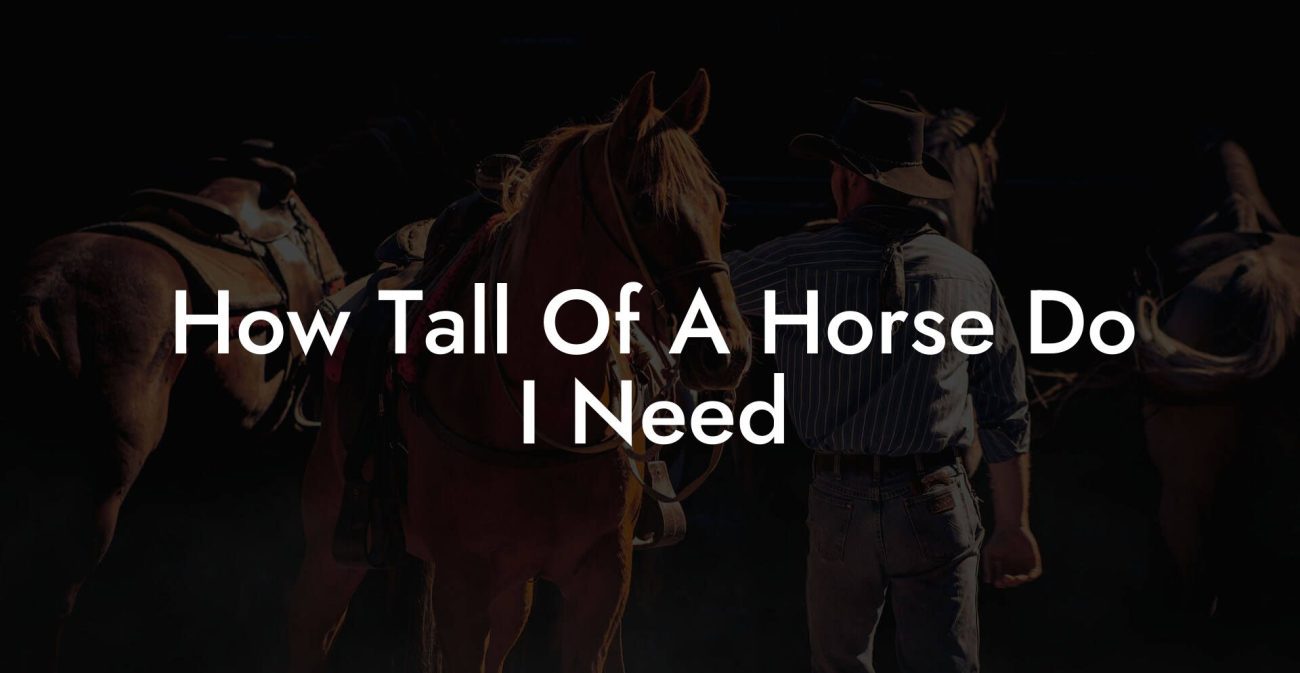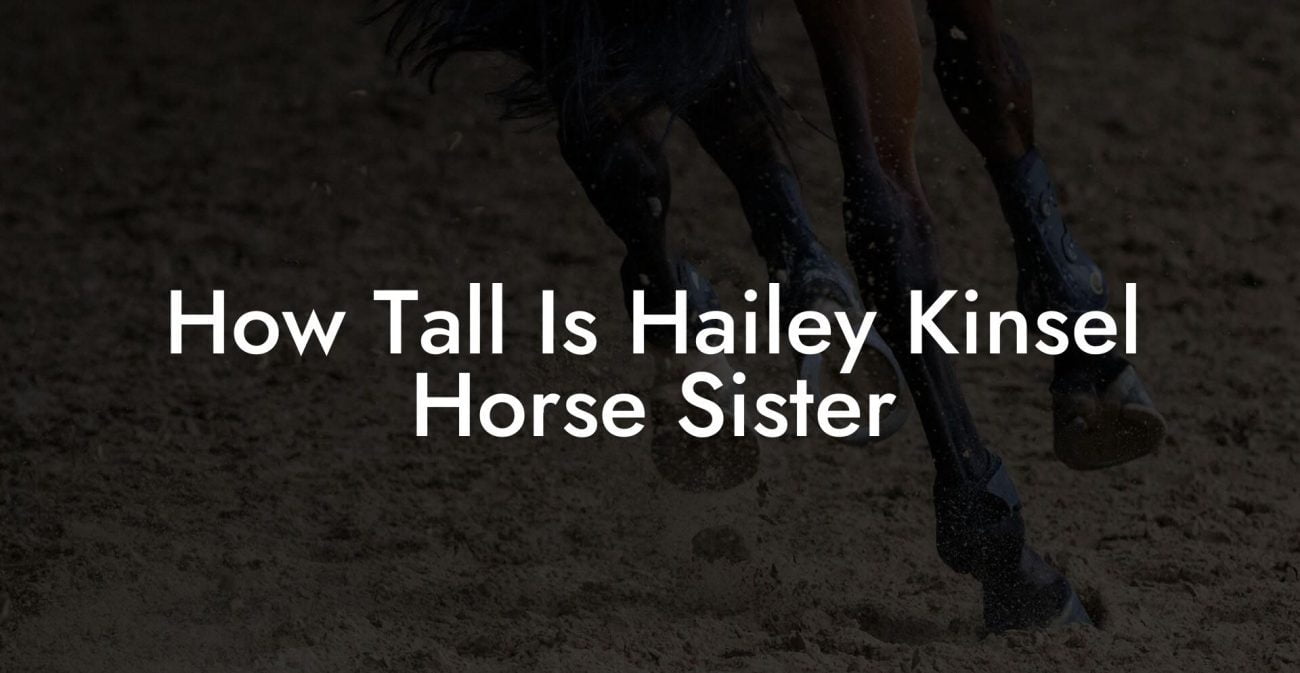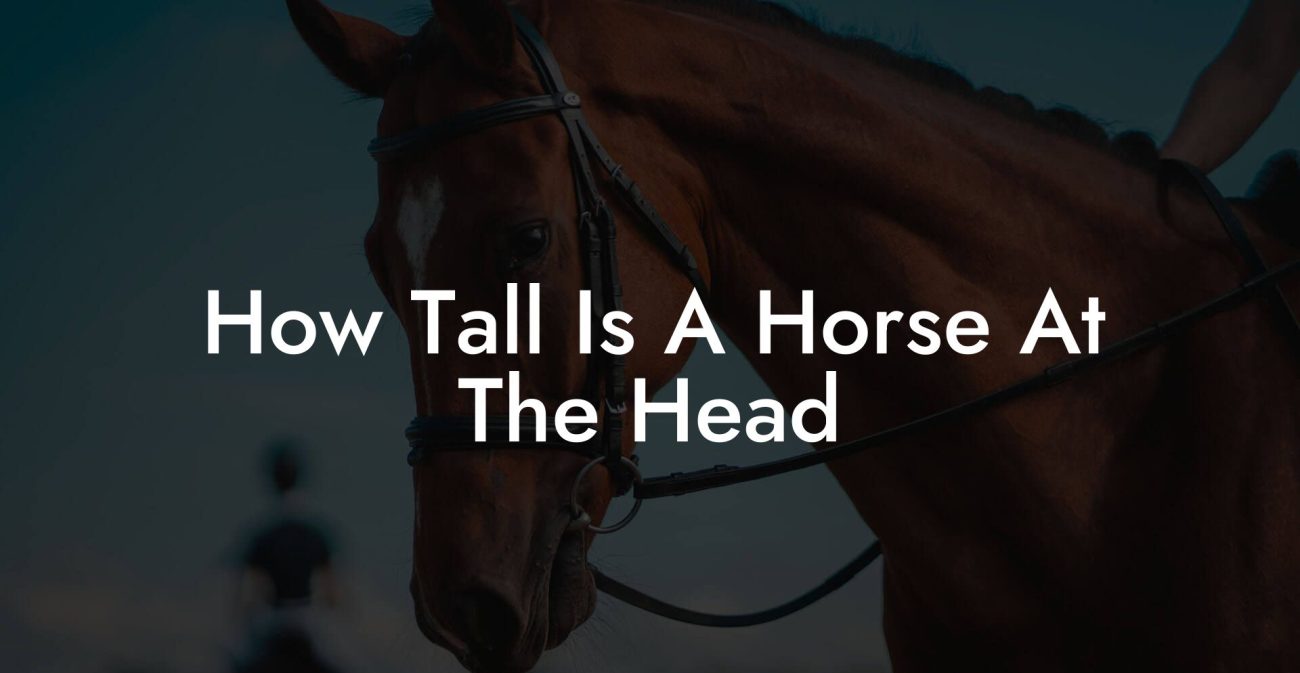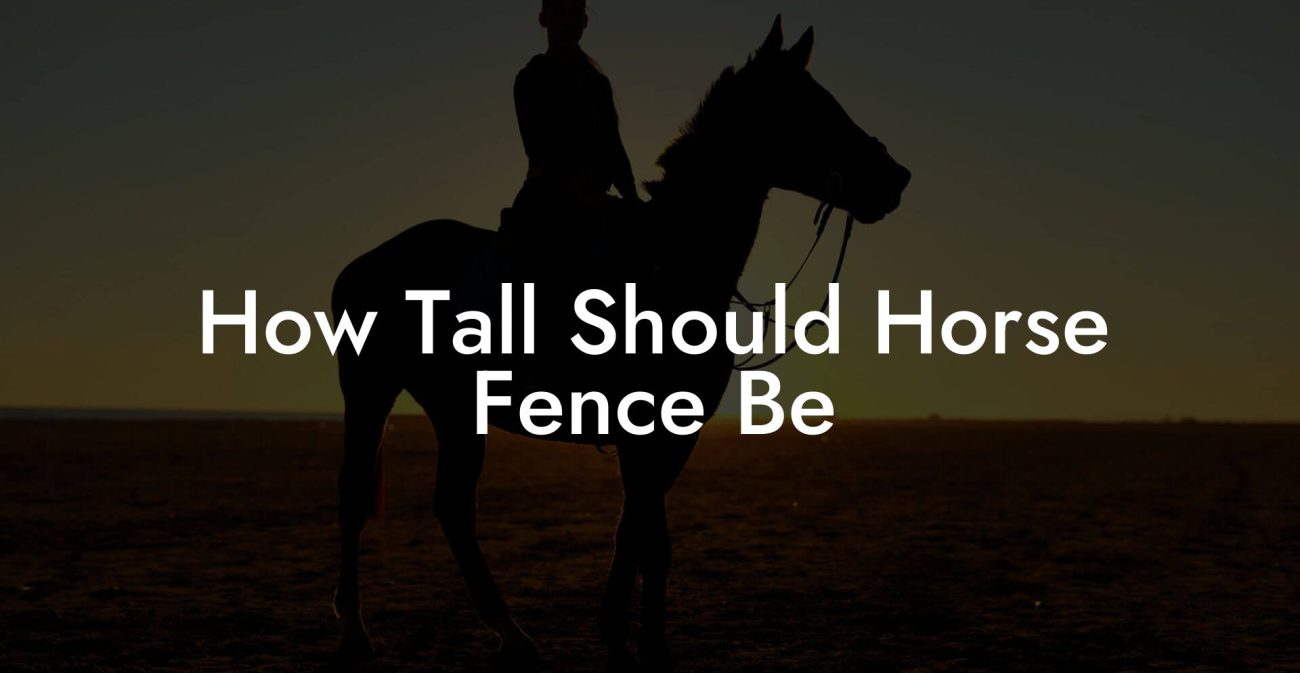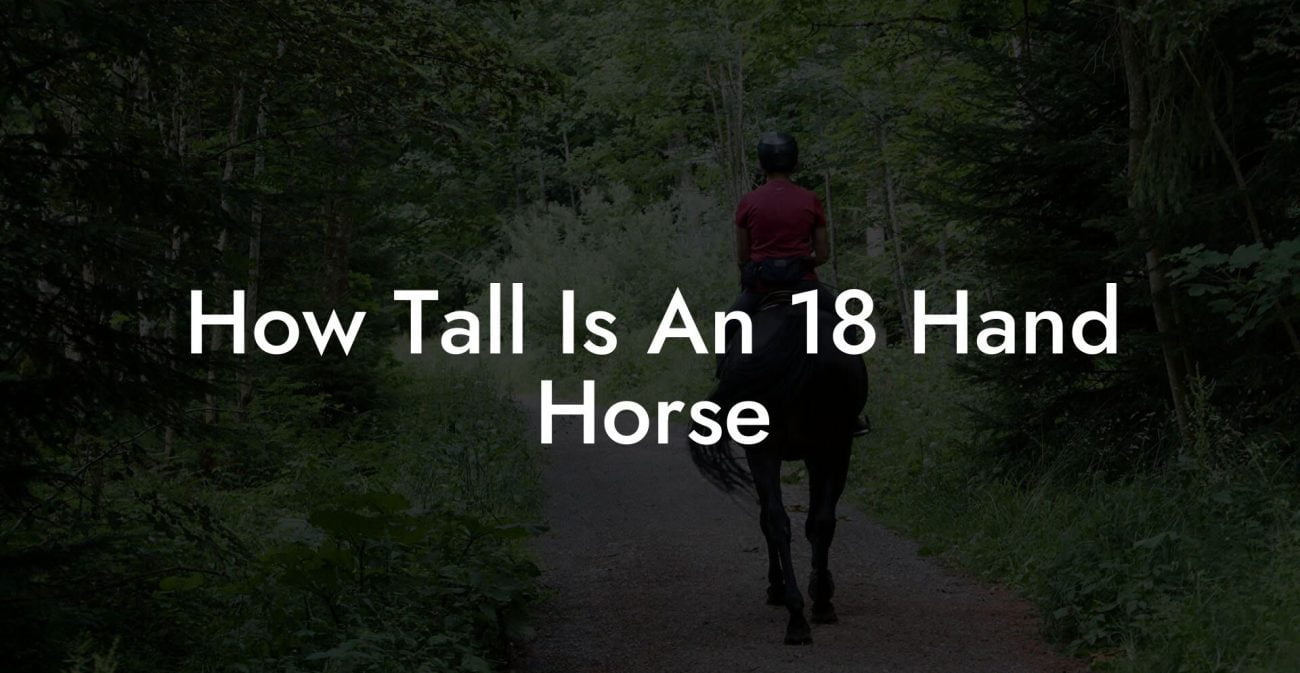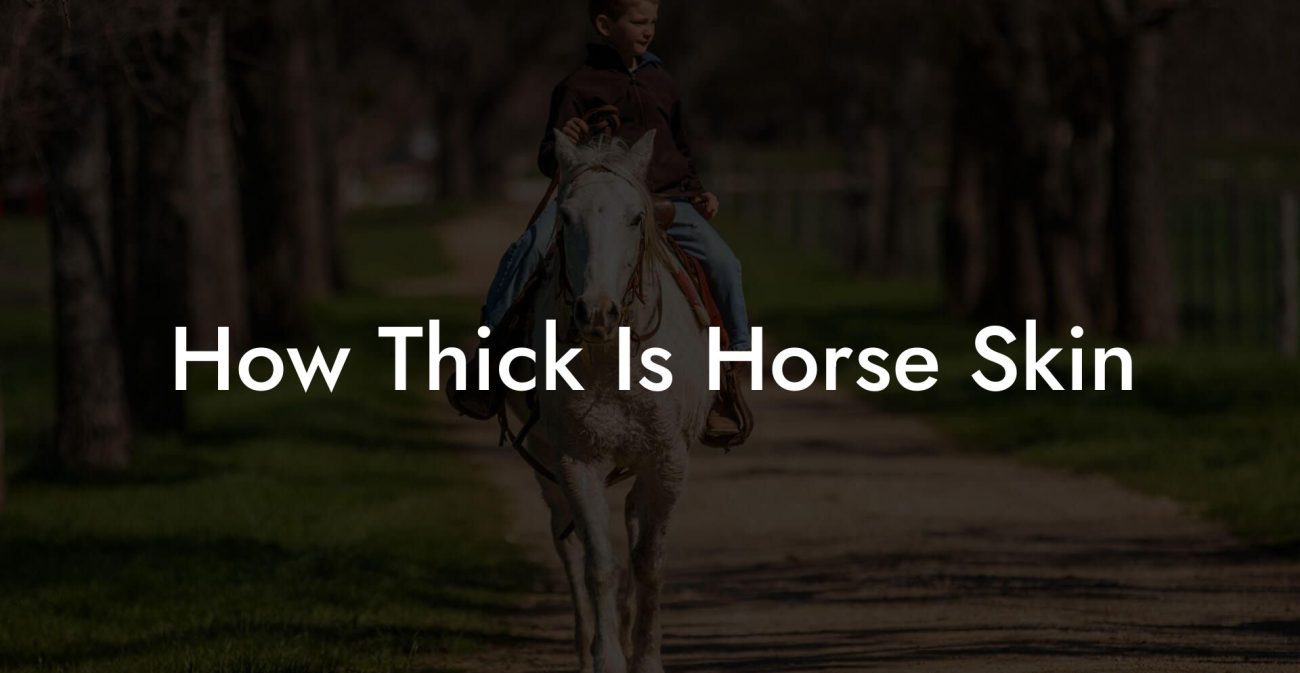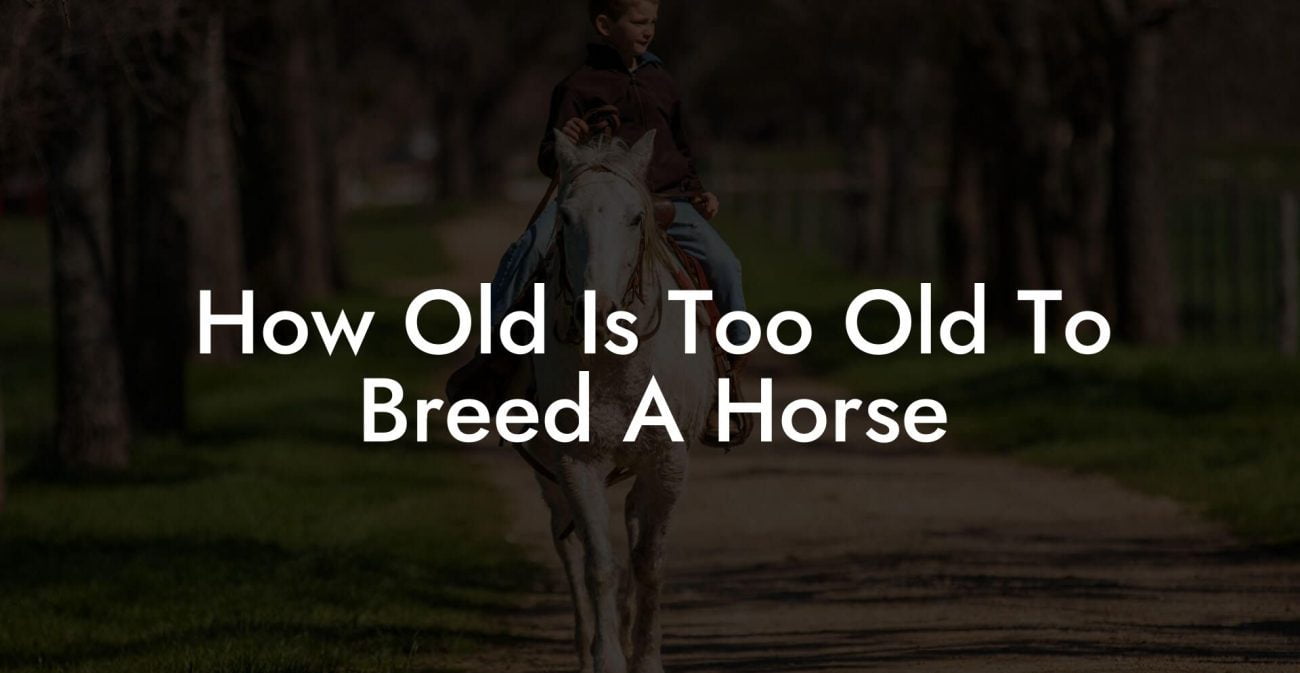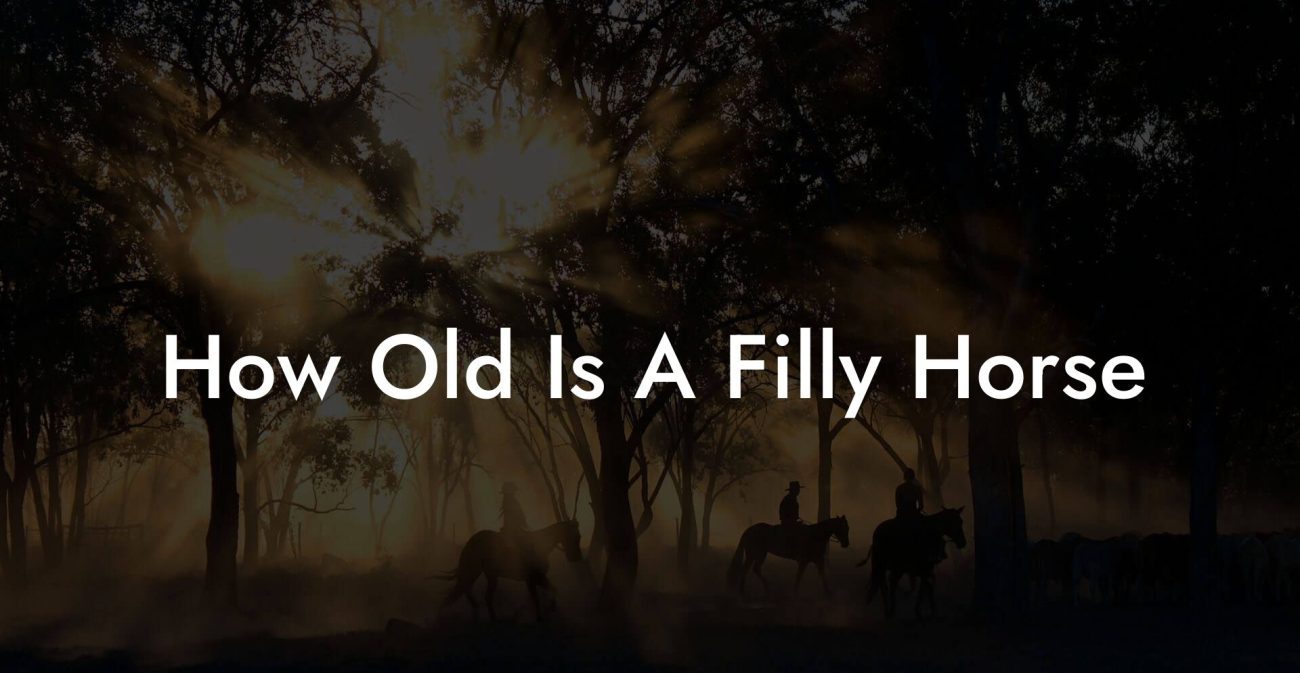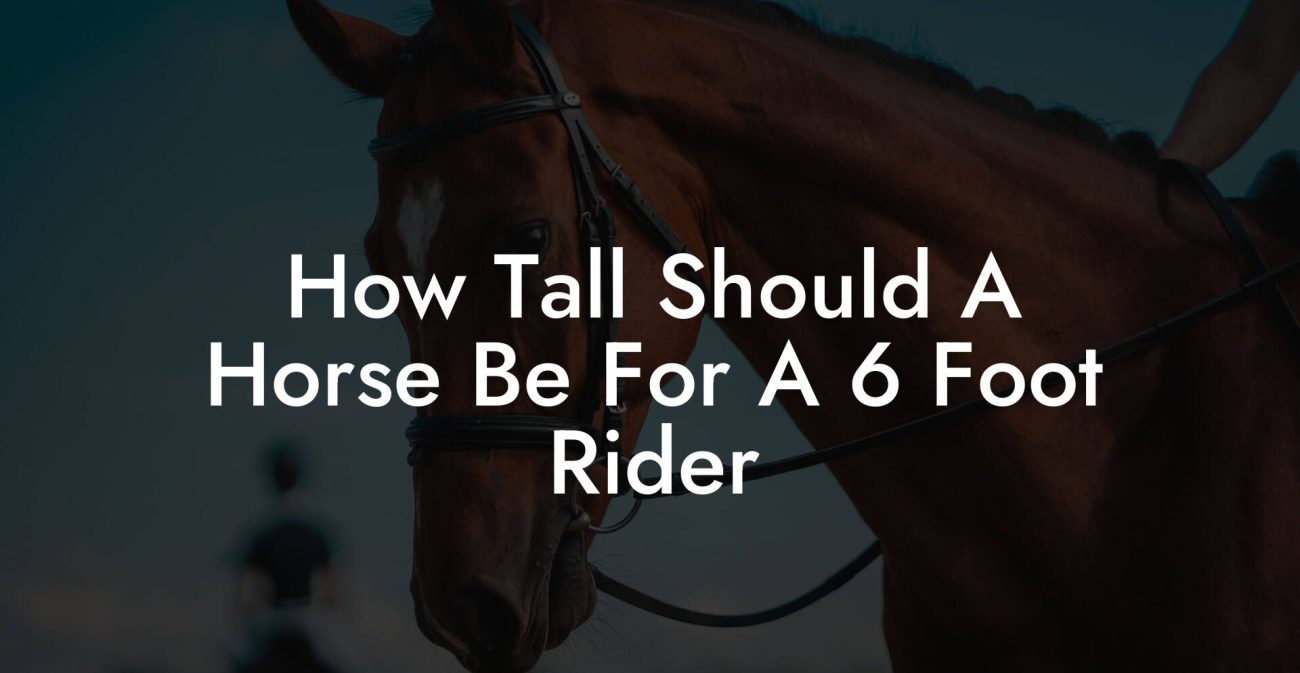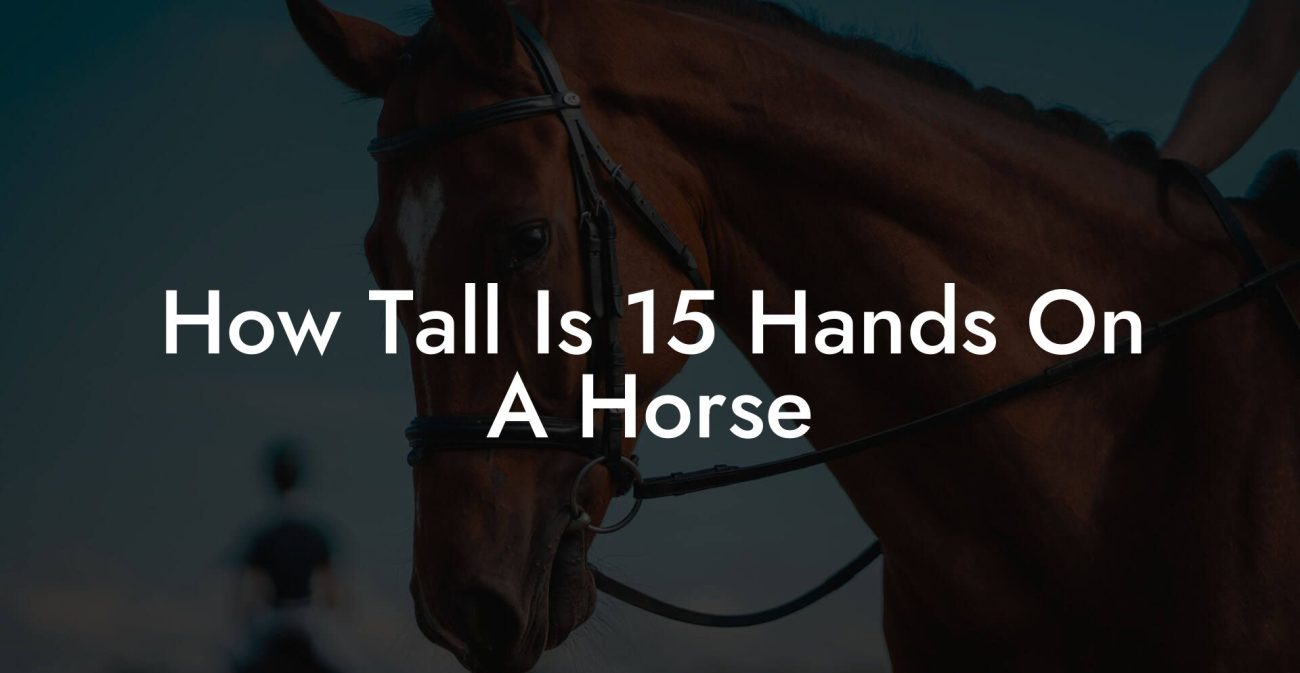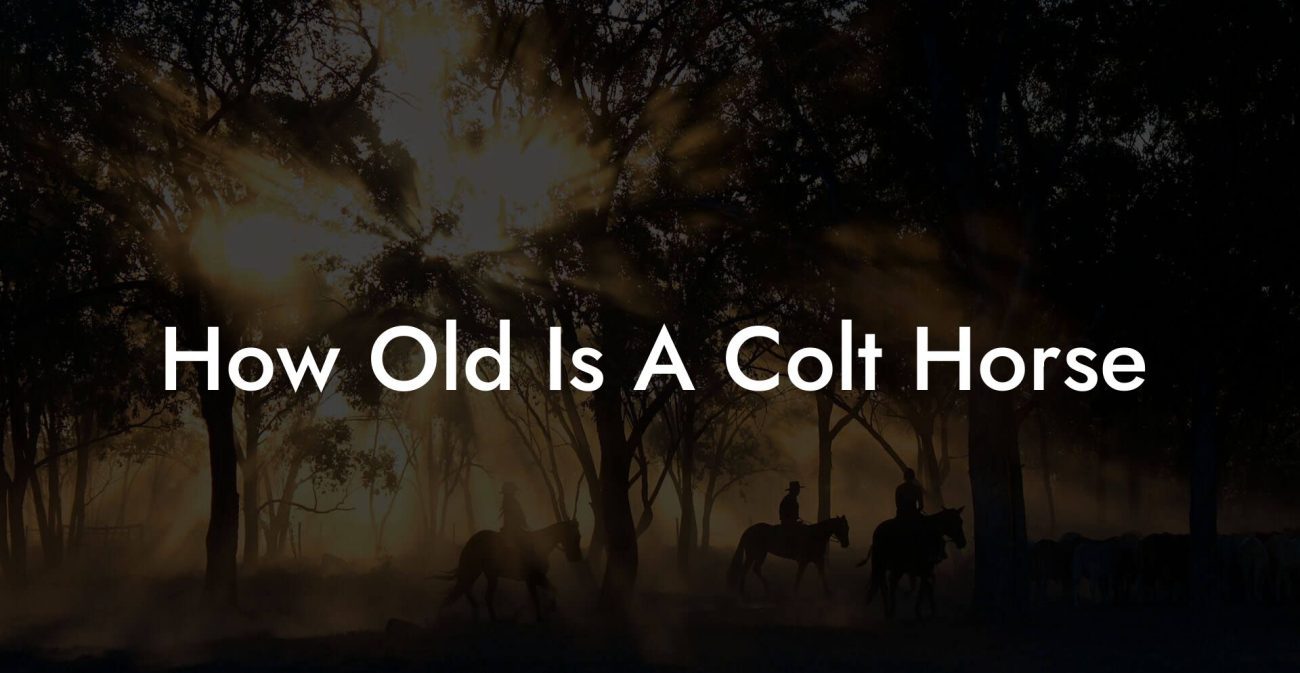When it comes to taking proper care of your horse, proper nutrition is critical. Horse feeding might seem simple, but it's not just about scooping out a certain amount of feed every day. Providing a balanced diet that caters to an individual horse's needs and circumstances demands some understanding and attention. In this comprehensive guide, we will address the various aspects of horse feeding and essential tips to ensure your equine companion thrives.
Horse Feeding Table of Contents
Horses on a natural grazing diet primarily consume forage, such as grass and hay, which meet most of their nutritional requirements. However, domesticated horses typically need additional nutrients to maintain optimal health and well-being. The main components of a horse's diet are:
1. Forage: This should make up the majority of a horse's diet and includes hay, grass, and pasture. Forage provides the necessary fibrous bulk essential for a properly functioning digestive system.
2. Concentrates: These provide supplemental energy, proteins, vitamins, and minerals to meet the horse’s nutritional needs for growth, energy, and overall maintenance. Examples include grains, sweet feed, and pelleted feeds.
3. Supplements: When forage and commercial feeds do not provide adequate nutrition or specific nutrients, adding supplements to a horse's diet can benefit their health and performance.
Now let's delve into these components in more detail.
Understanding Forage
Hay and pasture varieties can vary significantly in nutritional value, depending on factors such as weather, storage conditions, and plant maturity at harvest. Generally, legume hay (such as alfalfa and clover) will have a higher protein and energy content than grass hays (like Timothy or Bermuda). Horses that require additional energy, such as performance or pregnant horses, may benefit more from legume hays.
It is essential to provide good quality hay for your horse, free of mold, dust, and weeds, and stored properly to prevent spoilage. Providing sufficient quantities of hay is also crucial, as a lack of forage is detrimental to the horse's digestive health and may lead to issues such as ulcers and colic.
Concentrates: Making the Right Choice
Choosing a concentrate may seem overwhelming given the many brands and types available. The key to selecting the right feed is understanding your horse's specific needs, activity level, and the nutritional value of the forage already provided.
Performance horses or hard keepers may require a higher-calorie concentrate, while inactive or easy-keeping horses may need a low-calorie feed. Always consult nutritional labels to ensure the selected feed is appropriate for your horse's age, weight, and activity level.
Just as with forage, the quantity of concentrates fed should be adjusted for each horse to maintain a healthy body condition score and avoid obesity or malnutrition. Overfeeding concentrates can cause issues such as insulin resistance or laminitis in predisposed horses.
Supplements: Fine-Tuning Your Horse’s Diet
Many horses can benefit from the addition of supplements to provide essential nutrients that might not be adequately provided in their daily rations. Common supplements include electrolytes, joint support, digestive aids, and vitamins and minerals. Before adding any supplement to your horse's diet, it is vital to thoroughly assess their current feed and balance their nutrient intake, avoiding potential toxicities or imbalances.
A Realistic Horse Feeding Example
Consider a 1,200-pound pleasure riding horse that spends most of the day grazing, with 2-3 hours of light work per week. To maintain optimal health and body condition, the horse should have access to quality pasture or a minimum of 18 pounds of good-quality hay per day. Additionally, the horse may benefit from 1-3 pounds of a low-calorie pellet or textured feed, adjusted according to body condition and nutritional content of the hay. Lastly, consider adding a vitamin and mineral supplement to ensure all trace nutrient requirements are fulfilled.
Feeding Your Horse: In Conclusion
In conclusion, horse feeding is an essential part of horse ownership that requires understanding and practical application. Ensuring your horse has a balanced diet tailored to their specific needs will contribute to their overall health and well-being. Don't forget to consult your veterinarian if you have any concerns or need guidance to optimize your horse's nutrition. And if you’ve found this guide helpful, we invite you to share it with fellow horse enthusiasts and explore other educational guides on How to Own a Horse.

